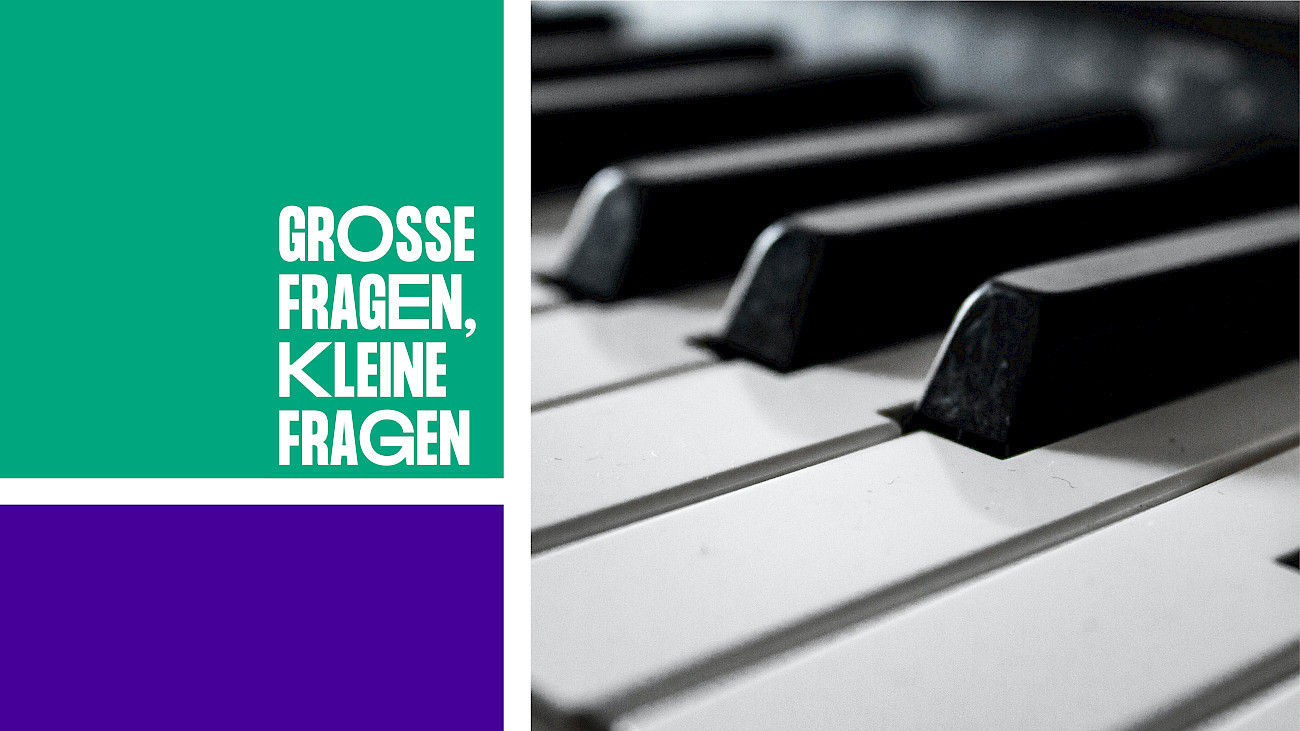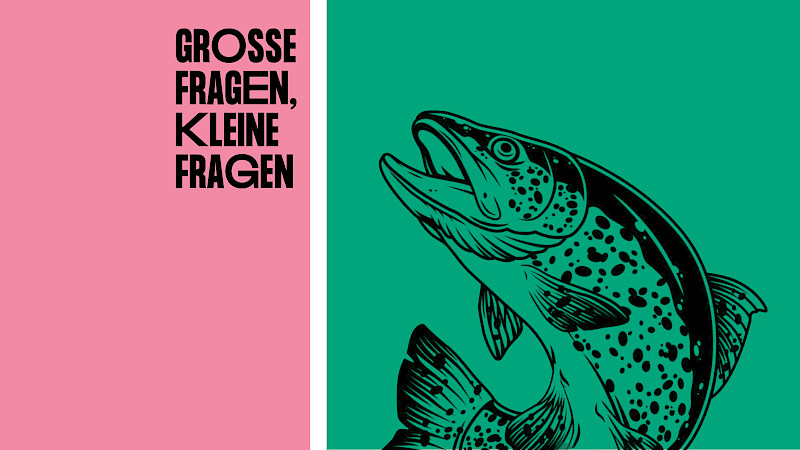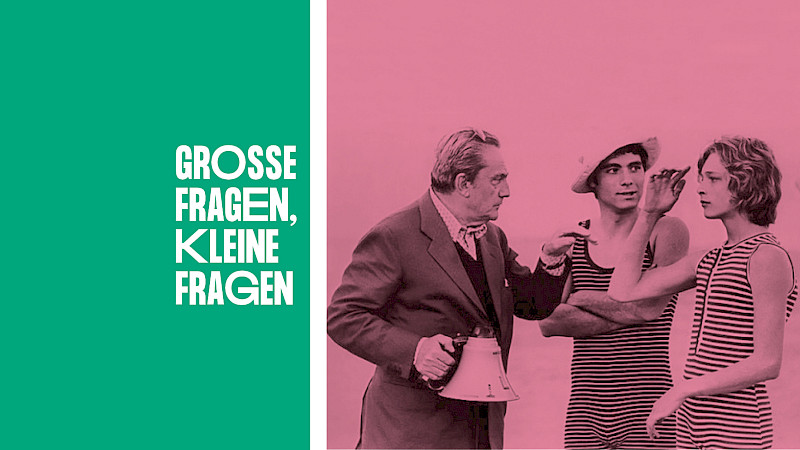
Which piano plays all by itself?
The concert foyer of the Tonhalle Zurich is currently home to a Steinway spirio that can play music without a pianist.
No one, nowhere, just a grand piano. The keys and pedals move of their own accord, as if operated by a ghostly hand or foot. But if you listen carefully, you'll realise that this is how Lang Lang plays! And that must be jazz pianist Art Tatum!
It is indeed you. For the Steinway spirio, which is currently in our concert foyer, there is a constantly growing library of interpretations that the grand piano can reproduce. The instrument not only demonstrates what technology has to offer today; it also continues what began many decades ago.
For as surreal as a self-playing instrument can seem, the desire for it is understandable. Anyone who has ever sat down at a piano knows that it takes an enormous amount of time, patience, energy and frustration tolerance (not to mention talent) before the thing sounds the way you want it to. No wonder, then, that early on attempts were made to memorise the sound in such a way that it could be put into operation without pianistic skill. Recordings were one way of doing this: The first was made on 9 April 1860, thanks to a so-called phonautograph, which consisted of a membrane at the bottom of a bucket on which a pig's bristle scratched soot-blackened paper.
Every sound a hole
Recording technology has come a long way since then, and crackling and hissing are a thing of the past. But even the most modern technology cannot change the fact that a recording is not the original; that a real piano sounds more vivid, more colourful, more present than the digitally compressed sound data. The ideal, as people thought back in the 19th century, would therefore be a self-playing piano. It takes up a bit of space in the parlour, but in return you get a full sound - and ideally even a high-calibre interpretation.
This ideal case has existed for quite some time now. the first pianola came onto the market in the USA in 1897, and a few years later the system was perfected with the German Welte-Mignon pianos. So-called music rolls could be inserted into these instruments, metre-long paper tapes with perforations that encoded the musical information. And because not only the pitches but also the touch dynamics and the use of the pedal could be transferred to the perforated paper, these instruments could reproduce all the nuances of an interpretation.
Around 15 minutes of music could be stored on one roll, and many great names have been immortalised in perforated patterns: Claude Debussy, Edvard Grieg, Ferruccio Busoni, George Gershwin – interpretations of all of them and many more have been preserved. And Paul Hindemith was by no means the only one to compose a work for a Welte-Mignon piano that would not have been playable by hand, but could easily be "programmed" with music rolls.
Live concert on your own grand piano
Today, these music rolls have become obsolete; digitalisation has also taken hold in this area. And even a traditional company like Steinway could not escape the appeal of the new possibilities. The aforementioned reproductions of recorded interpretations were just the beginning: there are now also Steinway-spirio models that can stream concerts live; your own grand piano then plays a concert that is taking place somewhere else at that very moment.
You can now also save your own interpretations and play them back as often as you like. Perhaps the best thing about this system is that you can still play these grand pianos yourself.
***
The Steinway spirio will be on display in the concert foyer of the Tonhalle Zurich until 28 November; it will be demonstrated before the evening concerts on the following dates:





